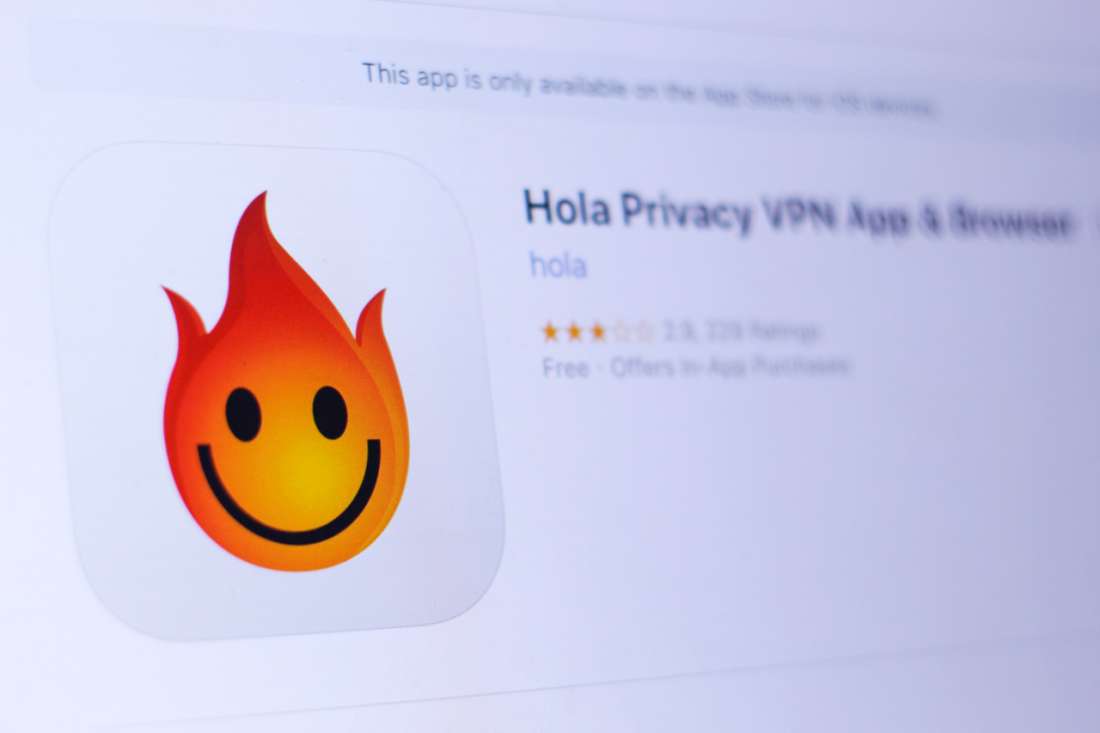MyEtherWallet (MEW), a well-known cryptocurrency wallet interface, used Twitter to urge MEW customers who used Hola VPN within the last 24 hours, to transfer their funds immediately to a brand new account. They said they received a report that confirms the Hola VPN Chrome extension has been hacked. MEW’s Twitter account stated the attack was logging users’ activity including sensitive information such as usernames and passwords. The details of a currently unknown number of MEW users were exposed to hackers during a five-hour window on July 9th.
Urgent! If you have Hola chrome extension installed and used MEW within the last 24 hrs, please transfer your funds immediately to a brand new account!
— MyEtherWallet.com (@myetherwallet) July 10, 2018
Hola VPN said in a blog post that upon learning about the incident, they immediately set up a response team of cybersecurity experts to investigate the incident and prevent it from happening again. They claim they immediately took emergency steps to replace the malicious extension causing the data leak. Regular MEW users were not affected by the data breach as the MEW service was not compromised, and the incident is known to be entirely out of MEW developers’ control. However, the breach certainly throws a shadow at the Israeli VPN service provider.
This is not the first time MEW users are being targeted. Earlier this year hackers managed to snatch more than $300,000 through execution of a sophisticated DNS hijacking attack. Many users lost their funds forever. Services such as MyEtherWallet do not operate like banks – they do not charge transactions fees, they do not offer insurance, and they do not store cryptocurrency. Instead, they provide users with an interface that allows their clients to interact directly with the blockchain. Hugely unregulated and still in its wild west years, blockchain is like a vast, global, decentralized spreadsheet, and users are the only one responsible for the funds they store on such virtual wallet interfaces.
How to protect yourself?
First and foremost, use common sense and make sure that the sites you are visiting are legitimate. If you are a MEW user, your website needs to be https://www.myetherwallet.com. Even if a single letter in the URL is changed, you are not in the correct place, and you are being phished.
Avoid opening websites that feel sketchy, or you do not trust – clicking on random links you see on social media may end up forwarding you to malicious sites. If you want to access a specific website, open a new tab on your browser and type the correct link manually. Navigating directly to the website decreases the chances of ending up on a phishing website.
Do not use the same password on other websites. One of the worst cybersecurity practices is to use the same password on multiple sites. If you struggle to remember your passwords, use tools that allow you to keep them safe and protected, or write them on a piece of paper. Make sure to change your passwords every three months – sometimes it takes years for companies to announce that they have been hacked.
Lastly, make sure that you have antivirus software installed on all your connected devices, and you deal with reliable VPN service providers. As in real life, cheap (or free) sometimes end up costing more. Quality VPNs encrypt your web traffic, do not allow hackers to monitor your online activity and do not let cybercriminals re-route your web traffic to phishing websites. Stay safe!
